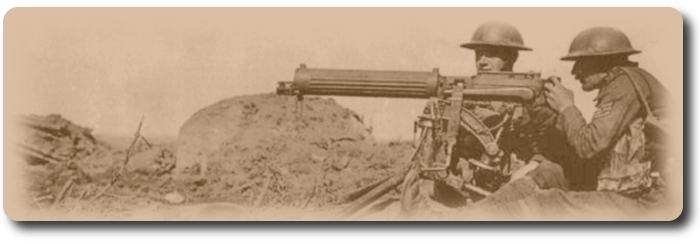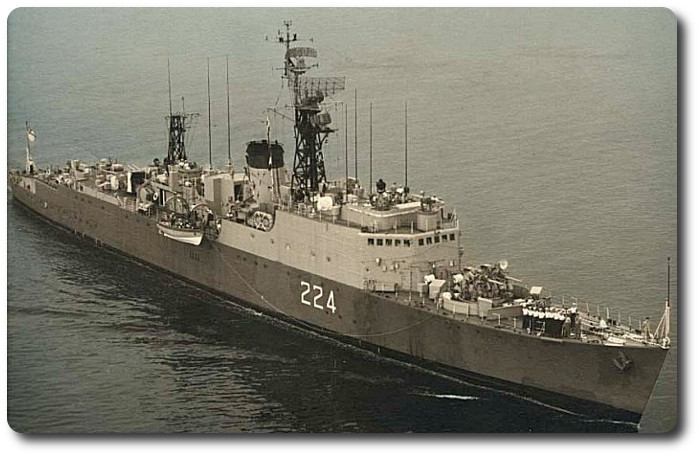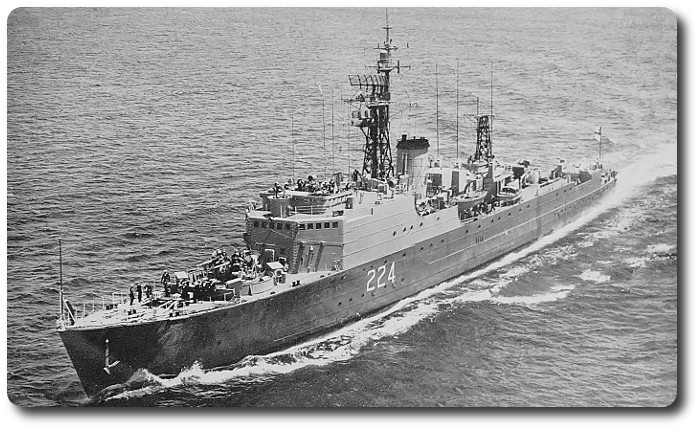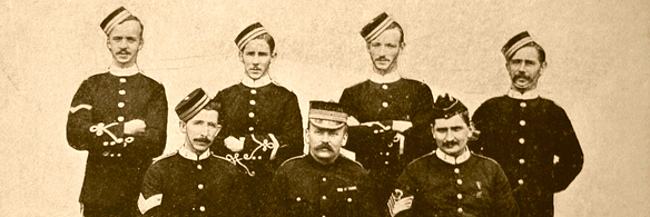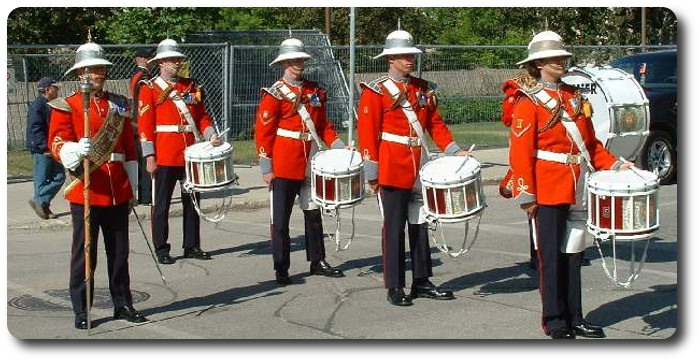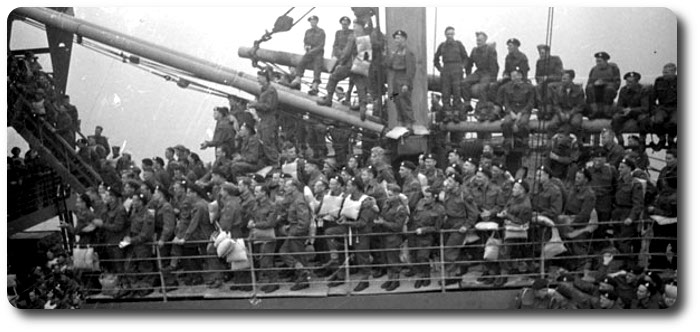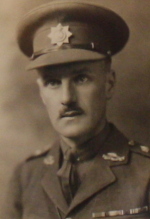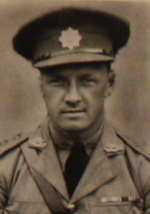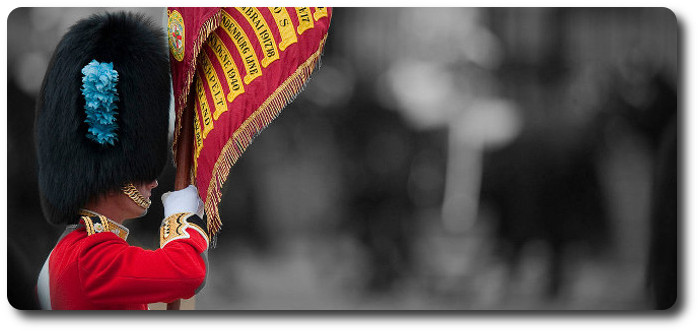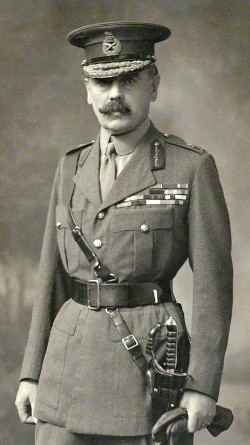MARBLEHEAD STORM 12; The Brigade Staff War Diary
Topic: Forays in Fiction

This is Field Marshal Garnet Wolseley, 1st Viscount Wolseley, KP, GCB, OM, GCMG, VD, PC (1833–1913). In the late Victorian era, Wolseley was a trouble-shooter for the British Army, he was sent all over the world to "unfuck" things and get them organized. He was so effective at this that the phrase "All Sir Garnet" came to be a euphemism for everything being correct and working efficiently. This story is not about him.
MARBLEHEAD STORM 12
The Brigade Staff War Diary
By: Michael M. O'Leary (copyright 2012)
Who's Who in the HQ Zoo:
The Brigade HQ Staff
Dramatis Personae
Obligatory literary quote to infer author is well-read:
The typical staff officer is the man past middle life, spare, unwrinkled, intelligent, cold, passive, non-committal; with eyes like a cod-fish, polite in contact but at the same time unresponsive, cool, calm and as damnably composed as a concrete post or a plaster-of-Paris cast; a human petrifaction with a heart of feldspar and without charm or the friendly germ; minus bowels, passion or a sense of humour. Happily they never reproduce and all of them finally go to hell. - Anonymous
The Chief of Staff (COS)—a Lieutenant Colonel, supervisor to all the headquarters staff. His mission in life is to make sure that the staff effort is efficient, economical, sensible, and moving in the direction indicated by the Commander's intent. His reality is like herding cats through a dog pound. His is an unforgiving existence, besides riding herd on a curious mix of staff personalities that might actually work better together than anyone might expect, he's also the foil that bears the brunt of dissatisfaction from subordinate commanders who discover that not following the Commander's plan doesn't work well for them. "The Boss," "The Old Man," or just plain "COS," the best chiefs of staff are patient and seldom surprised, they are a calming influence who maintain a steady keel even as others are launching life rafts. An embittered or hostile chief of staff infects the staff with his mood, creating more friction than he resolves.
The G3—Operations (Ops)—an experienced Major, combat arms, with a wealth of experience under the hat he wears to hide a rapidly receding hairline which wasn't genetically predetermined. He manages the day-to-day operations, doing his best to keep diverse unit command personalities happy and moving in concert with the issued plan. He's the Chief of Staff's right hand man in riding herd on the HQ staff and the solver of myriad problems that provide operational friction impeding the Brigade's training goals. Some of that friction comes from outside the Brigade and the G3 can bare his teeth and bite off big chunks. Some of it, however, comes from within, and then he grits his teeth, smiles politely, employs tactful delaying measures, and checks to see if the Chief of Staff is hungry.
The G5—Plans—a grizzled, gruff Major, with a wry sense of humour that few ever see. Usually, a Gunner or a Sapper because they tend to be detail oriented in planning, whereas Infantry officers are too quick to form square and bayonet the naysayers, while Cavalry officers never seem to understand why you need three options when they only plan charges. The G5's long years of experience give him the ability to close most of the loopholes in any Plan before it gets issued for Operations to execute. He's learned that some people will smile and nod while receiving the plan, and then fight their way upstream during execution while blaming the plan for their troubles, no matter how well it's written. Nothing surprises the G5 anymore, but the potential still exists to deepen his disappointment in humanity when his well-constructed plans go sideways.
The G1—Personnel—a youthful Major from a logistics background and a mischievous twinkle in her eye. Always a study in contrasts; is it unknown to science how someone with such an unforgiving job portfolio (i.e., all the Brigade's personnel management problems) could actually smile so much. Yet, the G1 perseveres. A logistician, she may play second fiddle to her combat arms peers in the perceived pecking order, but gives no leeway when it's her turn to run an administrative sausage machine. The others know it's time to back away slowly after she loses patience with their sluggish combat arms minds.
The G4—Logistics—seemingly, the youngest Major of the four, though perhaps just because he doesn't bear the crushing weight of responsibility that they claim to. He, however, smiles at their claims, knowing well that "amateurs study tactics, professionals study logistics." He also knows that no-one will recall later if the timings for a range got screwed up, but everyone will know who to blame if the rations are short. Logistics by trade and appointment, he also brings in a sense of adventure only a buoyant young officer from la belle Province could provide (because every Anglo staff needs its stranded Franco officer). His quick smile and eager readiness to cooperate with his peers may be hiding a deep uncertainly about their sanity.
The Public Affairs Officer (PAO)—a Captain—one of those odd positions that is seldom actually filled by a Public Affairs Officer, thank God! The incumbents seem to shift between two stereotypes. The first are young captains who dedicate themselves to following the PA guidance, even if most PAOs seldom seem to. The second are crusty old staff captains, who ignore the detail of the PA guidance and still produce credible staff work out of long habit. The advantage to either of these out-of-trade officers is that neither is going to try to explain to the COS how the operational plan has to change to match the public affairs intent.
The Adjutant—a Captain—vastly experienced on both sides of the commissioning divide, she's a stern and caring mother hen who keeps the paperwork flowing for the command cell and keeps the rest of the staff in line. Unafraid to lecture a Major for his overgrown haircut or counsel a Corporal with a personal problem, she's one of the few truly stable people in the headquarters staff. Her calm presence provides a stable point of reference when the rest of the place is heading for hell. But that caring and calm demeanour can only last so long, when the moment calls for it, an old school Adjutant comes forth like a summoned demon. Laying waste within the headquarters with knowledgeable criticism and cutting remarks, she can channel the memory of Adjutants past who have made Generals' blood run cold.

19 August 2012
CFB Blankville, Camp "A"; EXCON
The day dawned bright, and almost clear, as soft scattered clouds floated over the slumbering Exercise Control (ExCon) staff who skipped breakfast to rest while the Primary Training Audience (PTA) counted heads and issued extra rations in honour of absent comrades. The G3 and G5 bickered over who was more agile at avoiding blame for the snags encountered during the deployment, deciding in the end to redirect all inquiries to the G4 for shits and giggles, while simultaneously cranking the G1 into a frenzy over nominal roll totals. Confusion reined outside the wire, as the sub-unit that decided to change bivouacs complained about the absence of shitters in their new location, and sections shrunk steadily as uncountable heads revealed the gaps in the multitude of attendance promises made by units in weeks past. Confusion may have existed, but it was not the white hot dysenteric failure that reputedly caused a sister Brigade to stand down for a day to unfuck their own efforts to launch an exercise in the beautiful vistas of CFB Pandastan. All in all, Day 1 was a success, as the Reservists achieved their best efforts at what they excel; the reorganization of a collection of arriving personnel and equipment into a training organization ready and capable to pursue the best level of training goals they could. As the day drew to a close and the creatures of the night (raccoons and, allegedly, recce forces) occupied the battlespace, the winner of the draw for a three-day all-expenses paid mid-week vacation in Collingwood was announced; sadly it was an unfilled line serial and the tickets mysteriously disappeared. All staff remain alert for the disappearance of any of the section heads for an extended period.
Late morning: tension grows and boundaries are being established. The G5 controls the printer in the Planning Quonset, while the G3 has a firm hand on the coffee urn. The two officers trade barbs, coming to an uneasy truce. The G5 can have coffee if he doesn't spill any in the G3's area, while the G3 can print documents … somewhere else. In the resulting atmosphere of tension, nearby staff wait uneasily for the appropriate time to abandon the camp for lunch.
The G4 shows up at lunch, his first appearance since disappearing "for the Log Brief" after breakfast. His growing boredom without enough to keep himself busy is evident in his call for a movie night in Camp "A". The Adjutant afterwards pronounces him ADHD, though perhaps not in so many words, a diagnosis not refuted by others with any haste.
The weather, unpredictable at best, has been unchanged for most of the day. After lunch a steady downpour traps the staff in the briefing Quonset. Despair sets in as the feelings of isolation increase. The rain stops after twenty minutes. Life goes on.

20 August 2012
CFB Blankville, Camp "A"; EXCON
We are still here. The COS hasn't been seen in three days. The Adjutant swears. She also affirms that she has ensured that the COS has been fed and watered regularly. She takes credit for keeping him busy with real work and away from the exercise staff. The staff appreciate the fiction and express gratitude, however weakly it is inferred under its veil of sarcasm.
Beyond the camp concertina Brigade soldiers are counting accomplishments as they build tactical teams and prepare for the transition to Mudstone. In Camp "A", the inmates are scratching the numbers of days on the wall of the Quonset, counting sleeps until they can have a hot shower. The G5 starts rationing his own cigarette supply. He eyes the other smokers warily, wondering if they are hoarding theirs; wondering if he can convince the COS to order the collection of scarce supply items. Nicotine addictions can be dangerous things. The G3 laughs at him, calling him weak, and holds the coffee urn tighter.
The G4 continues to be in good humour, which only serves to accentuate the relative misery of those around him. Soon, the other section heads mutter, soon, his new headquarters appointment will suck the joy from his soul too. The G3 is quiet, too quiet, either things are going well, or they are so far off the rails he's afraid to start talking about them. Reports from the field are mixed, some may be incorrect, others may be wrong.
The G5 continues to get increasingly possessive of his corner of the briefing Quonset. We have to watch him when he prowls the room as he tries to determine if anyone has touched his stuff. We are concerned he may start pissing on the bounds of his declared territory, though we will laugh at those who afterwards sit in his folding chairs.
By days' end, the busy-ness of the staff was taking its toll. The Adjutant, a stalwart herder of colonels at the best of time, was near homicidal madness after a long day with one more errant Colonel and his 30 civilian visitors. Returned to Camp "A" after a steak dinner in the Officers' Mess, she was seen to be smiling. We're not sure if it's because she's happy, delirious, or she just saw someone hurt themselves.
Today the Intelligence Terrain Analysis team arrived. It's a small team, consisting of only one damn fine looking Sergeant. He smiles, but that will end, he hasn't been here long. True to form, they executed a terrain analysis of the inside of the Planning Quonset, and summarily took over half of it. After long hours of counter-attacks over the lost ground, his space was reduced to one-quarter of the hut. We smiled as he failed to understand he was next to the G5.
The G5 and G3 continue to snipe at each other. Rumour has it they challenged one another to a duel, but agreed it had to be a non-contact contest. They finally decided on a duel of wit by e-mail, but neither could identify a Second they trusted to proofread their work before it was fired at the other. The lack of connectivity in the Planning Quonset was also considered an obstacle to settling honour between them. In the end, they circled one another in a verbal standoff, facing one another like a stuffed tiger and a bas-relief lion carved in Ivory soap by a maximum security lifer, they postured aggressively but it was activity without influence. The tension between them remains, and continues to be ignored by everyone else.
The staff's day draws to a close as each day does, with the ExCon Coord Meeting. The G5 looks stern, but it doesn't last. The sister brigade is reported to be continuing their state of massive fail, having reportedly climbed inside their own colon and died there. The staff in Camp "A" celebrates. All things being relative, their failure can only make us look better to the General.

21 August 2012
CFB Blankville, Camp "A"; EXCON
This is the twenty-first of August in the Year of Our Lord Two Thousand and Twelve. It is the third day of our estrangement from civilization. We strive to improve our living conditions, but we cannot yet forge iron, grow avocados or make a drinkable cafe mocha. This is the week of our discontent.
The day dawns bright. A black pall hangs over the Officers' Quarters. The G4, gentle soul that he is, accuses someone of disturbing his child-like restful sleep. "J'accuse", cries Bonhomme, to anyone who will listen. Sadly, precedents have been set, one officer having been voted off the island (allegedly for a snoring offence, or offensively snoring, as the case may be) even before the arrival of the main body occupants. Evil grins erupt, the cracks are showing in the G4's armour of joyful expressiveness. Plans are hatched to hide his ceinture fleche, so that no-one gets strangled in the night.
In the Planning Quonset, the G5 sits alone in his corner. No-one will talk to him. He tries raising any of his Observer-Controller staff by radio. He has less success than the SETI program. Life goes on around him.
A bright spot has emerged to illuminate this day. (No, not the sun, I said it was already up.) Showers have been authorized. "Bless us," rises the cry, in hopes that the G3 will be in a better mood once those around him stink less. Perhaps he will smile. It is accepted that the G5 will not smile. Reportedly, he has not smiled since the Leafs traded Gretsky and his own application for political asylum with Gretsky's new franchise city was denied.
The PAO wrestles with his Blackberry, having previously refused to join the smart phone era. He mutters regrets over having issued an exercise News Release in the first place. What reporters don't know of, they cannot ask to visit. He makes plans to drive a stake through the Blackberry's heart before he returns it to its rightful owner, the PAO who selfishly stayed home to bond with his new children instead of facing Exercise MARBLEHEAD STORM 12 like a man.
The G3 and G5 trade pithy barbs. No-one listens anymore. It is rumoured someone asked how long they had been married. No-one laughed. The joke is already old.
The mood in the Planning Quonset calms. The G3 and G5 appear to have made up, they are now chatting with mutual good humour. They're probably plotting one another's untimely demise. They trade stories of "the old army" as they remember it, before women joined the combat arms, when all they were expected to care about was having horses to ride and a regimental band to play in the Mess on dinner nights. (It has now become clear why the Gunner crossed the road … it was to get to the other gutter.)
The G5 describes some of the exercise players, mostly notional, as acting within the scenario under duress. This we can relate to. It becomes apparent that our own training audience has found a way around the limitations of the exercise instructions. Failing to read them, after all, has always been an available Course of Action (COA).
The Intelligence (Int) crew has been reined in. Their intended Motor Rifle Division meeting engagement poised to meet the battle group at the break-in to the Mudstone training area has had to be scaled back due to Opposing Force (OPFOR) limitations. They have no motors, few rifles, and the divisions among them are regimentally stimulated. The enemy, fierce as ever, will be a platoon(ish) sized force (that is, doctrinally, a section plus(ish)). Allegedly there may be ladies among the insurgent force. These could be single-minded fanatics, or hookers, volunteers are being sought. The G5 suggested the G1 could fill either role, but refused to mention it to her. While seeking to identify alternatives, the G4, stiletto heels and face paint were brought up. Everyone was uncomfortable after that. The willing readiness of the Int team to support the exercise is reflected in the support they were offered for weather reporting, which is apparently available for each ten-metre square section of the training area. So, if you don't like the weather you're having, move 33 feet in any cardinal direction for a new weather report.
The G5 continues to struggle with the battle group handling information differently than expected. The guiding principle countering his efforts is set forth by Norman Dixon in the seminal work "On the Psychology of Military Incompetence", in which one of the principles of military incompetence he identifies is "A tendency to reject or ignore information which is unpalatable or which conflicts with preconceptions." Coherent military forces can be shaped, silly putty, not so much. The battle group's coefficients of elasticity and cohesion continue to be observed to determine where they lay on that spectrum.
The G1 reports ongoing fluctuations in arrivals and departures. Exercise attendance numbers creep upwards, glacially slowly. Some units have deployed more soldiers than others. Some have met their forecasts better than others. The opportunity is ripe for the brigade report card to measure both attendance rates, and accuracy in prior reporting. We do all love the brigade report card.
The G4 dropped in to discuss the surprise plan to change the road move. This, unfortunately, would require a change to the environmental assessment and, for any hope of such a change actually occurring, a possible sexual act performed with the Pope. There were no volunteers for the latter, so the plan remained unchanged. In the ensuing discussion, the G4 did reveal to his peers his secret to being a new-generation, relaxed staff officer, which is to delete all e-mails that require scrolling because the sender is obviously incapable of distilling their message into a readable form that fits his attention span.
Waldorf and Statler continue to critique everything, especially each other, from their respective corners of the Planning Quonset.
The G5 posts a wanted poster, offering three packs of cigarettes to anyone who catches the good idea fairy in the exercise yard and shanks the bitch. The scraping sound of toothbrush handles being sharpened on concrete can be heard late into the night.
Rumour Int: Our sister brigade's woes deepen. Their attempts to exercise control themselves out of a pit of despair may have come in conflict with the expectations of other participants and supporting organizations which prefer to play through the set course. (Get on the pony troops; the more it hurts, the more you learn.)

22 August 2012
CFB Blankville, Camp "A"; EXCON
Inevitably, dawn breaks once again over the slumbering souls of Camp "A." The world has not ended. The exercise must go on.
This is the day the River Styx must be crossed. The ferry man has been paid in advance with sweat, the companies and other sub-units formed into a semblance of readiness; now every piece of the battle group and exercise support staff must complete their small part of the evolution from National Park Blankville to the frigid waters and beautiful shores of a Great Lake. Unfortunately for the troops, it's hard to appreciate the beauty of the scenery when you're breathing pure dust and have eyes blinded by your own sweat. The G3 turns up the air conditioning in his truck to drown out their righteous soldierly grumbling. The G5 continues to tinker with the plan, writing new versions that no-one will read either. The G4 poses in the morning sunlight, his eyes hidden behind his trendy shades.
Military wisdom, such as it is, states that no plan survives past the start line. The plan may not survive, but all hope that the trucks and boats do. What happens inside the new camp boundary is the oncoming test, and even the best steel can break if struck just right. The G5 grins and flexes his stringy biceps, relishing the manly blacksmithing analogy for the plan he has hammered into shape to test the battle group. The battle group ignores him, and rewrites the plan as it advances into the unknown future.
The pack-up of Camp "A" begins. Organizations often have specialties, skills they have mastered beyond the average level of capability. For some Reserve units, that specialty is packing up. Many bases, particularly those staffed by anal-retentive groups of unicorn breeders and other unrealistic people, have such particular expectations of departing units. These may include expecting gold-plated toilets to be left where silver-plated ones were found on march-in, requiring all the pine needles in a bivouac area re-arranged in a fashionable herring bone pattern, or orienting the louvered screens of all the shitters to face the tropical trade winds for most efficient ventilation. To achieve these requirements takes a level of skill mastered by few, but deeply ingrained in those who have been subjected to them. Accordingly, the unnecessary parts of Camp "A" were bundled, stacked, sorted and counted with a determination and attention to detail not seen since the Grinch stripped Whoville of Christmas.
The Planning Quonset went from bustling staff centre to empty hanger in a flash, leaving not even a crumb that would be too small for a mouse. The coffee urn was torn from the G3's hands, the imaginary tape was peeled from the boundaries of the G5's cubicle (this last word only to be said with exaggerated finger quotation marks). The G4 and his staff worked around the clock to fit 30 people into 20 vehicles, revealing in the end the true nature of the G4 staff: "One man, One truck."
The remainder of the Planning Quonset chain gang ventured forth to face new adventures. Mudstone appeared soon enough on the horizon, truly an Army base compared to National Park Blankville, but one with its own pitfalls. Salute the front gate flag when the national anthem plays (a test of situational awareness), two-strap those small packs (lest some base staff Warrant Officer correct you), and watch your speed on those range roads (Range Control has been practicing all summer just to be ready to greet new training audiences with strong admonitions).
Most of our merry band: G3, G5, Adjt, and PAO, hurled themselves forward into the unknown, advancing on individual schedules to all end at Mudstone by nightfall. The G3 monitored the route sign following test, helping each winning team celebrate with a roadside fireworks display. The G5 gathered his flock of wayward infanteers, armoured recce, and sundry others in the woods at a local airport, there to wait for the next stage of their Exodus. The Adjutant came along to keep performing her most critical task, keeping the COS on the straight and narrow. The PAO took a few photos, found the boat launch site (thankfully with the help of a Pukka Sapper Colonel he encountered nearby) and made plans to watch the next day dawn while standing on the frigid bay's rocky shore.
Our protagonists would go separate ways for the next 48 hours, each chasing their own tail in new and interesting ways. Sadly for the tenor of our tale, that emotionally conjoined pair, the G3 and the G5, previously attached at the sarcasm and sharing a single sense of humour, would be apart for hours on end, neither being able to practice their self-proclaimed witty repartee on the other. The frazzling of nerves was the accepted risk.

23 August 2012
Training Centre Mudstone, The Dreary Building; EXCON
This day started, and somewhat later dawn occurred. By then, too many people were already too tired to care about the artistically soft reddish hues in the Eastern sky, quite unlike the Group of Seven, which never had to carry 80 pounds of kit while they watched the summer sun rise over calm Canadian inland waters and shoreline copses. Although one company of infantry started the day with a pleasant boat ride on calm waters, theirs was not the fate of the Edmund Fitzgerald. Instead, they reached their shoreline destination and everything, although topographically uphill, was all downhill from there.
The PAO continued to cultivate his future media career by escorting a news videographer to the pre‑dawn boat launch. With a face for radio, and a voice perfect for silent films, we expect the PAO to go far in his new career, and hope he goes away to start it soon. Later in the morning he also interviewed live on air with a local radio station. Broadcast after a Led Zeppelin song, the station, mercifully for the sanity of listeners, did not let him sing along. The unanswered question continues to linger, like hazy blue smoke in a dingy 1980s strip club with a one-eyed hooker working the pole with the enthusiasm of a bored monkey; why … why would the COS let a guy with the people skills of an angry rhino talk to the media? This, surely, will go down as one of the mysteries of our civilization.
Amidst the turmoil of altered plans and drifting time lines, the G5 found his Zen. This was the challenge he lived for, one million moving parts, each of which required his constant director's cues to enter the stage according to the script and to remember their lines in an appropriate voice-procedurish manner. In all his glory, his face shining with sweat, his handshake still steady and strong, he strode across the battlefield, master of all he surveyed, and of the lint in his pockets. Under his tutelage, Saint Barbara would have her due.
The G3 grinned maliciously at hearing of his compatriot's trials, or maybe it was gas from his breakfast eggs. Regardless, he tirelessly worked to coordinate his end of the game, and also his escape plan in case disaster actually struck. Sadly, that plan was foiled by the G4 who laughed heartily when he reviewed the administrative request for "Batmobile, times one."
The G5 is found on the first enemy objective by the PAO. In the absence of the expected battle group rep in the grid square, the G5 graciously agrees to be filmed, recorded for posterity. He readies himself, practicing his lines under his breath as he inhales renewed life force through burning tobacco. At last, his face still glistening with sweat from charging about the training area with fierce determination, he turns to the camera, fixes his gaze on that lens and says: "Ladies, I am the man your man could smell like … don't look at him, just look at me ..."
The day drags on with the efficiency of a thick rope being pushed by the G5. Try as he might, even with the assistance of other staff, each heave on the hawser reveals new kinks, random interactions of forces, and unexpected changes of direction. Damning the nautical analogies as he gazes out over the quiet waters of the bay, the G5 raises his "God Gun" with a threatening look at anyone who meets his steely gaze. In the wilderness, assisted by a hearty band of misfit OCTs, the G5 tries to shape a battle that refuses to cooperate. Try as he might, the force of will of one stern looking Gunner cannot command thought and free will of others. And we won't let him use HE.
The G1 and the G4 have arrived in Mudstone. Each leap into action, the G1 renewing her efforts to count every soldier in sight, and then to sort them so many ways that each is placed into a unique and special category. The G4 asks that his category simply be labeled "special and unique." No-one disagrees.
The G4 drives forward like a prize-winning Canadian Forces Trucker, studying the requisite actions to separate the Brigade from Mudstone with a clean break and minimal hurt feelings. Having his feelings minimally hurt, that is. He seeks ways to return or, alternatively, to hide, destroy or sell vehicles, weapons and equipment with the best intentions of creating a material management smoke screen so dense he will be posted long before it clears. His first loyalties and objectives remain firm; these being to stay out of the COS' special projects gunsight, and getting himself home to a refreshing bath and a stiff cosmopolitan.
The staff settles into a new routine. The discomfiting lack of computer connectivity in Blankville has been replaced in Mudstone by more Army computers than people who want to use them. After almost a week of isolation, they throw themselves at the opportunity to send one another e-mails and retreat from that uncomfortably unpredictable spoken system of communications.
The reports from the field are mixed, the operational picture is confused. The staff has ceased caring; they have reconciled themselves to waiting to assist the G5 in recovering from his MARBLEHEAD STORM 12 PTSD. Priorities are shifting faster than the assignment of blame for Happy Hour shenanigans as each new detail is revealed. The Adjutant and the COS debate the Change of Command seating plan, doing their best to guess how many COs, Honoraries, and sundry hangers-on will require designated seating. The Adjutant prints hundreds of signs reading "YOUR NAME." She giggles fiendishly as she imagines saying to each invited guest, "Right this way sir, I have a seat with 'Your Name' on it for you."
The day draws to a close, sliding into night like a rat slipping into a sewer. The lack of interest in where it has been is only overshadowed by the lack of interest in where it is going. Darkness descends on our merry band as they await the sage wisdom of the G3 and the G4 in their nightly comedy routine. We all love late night coord meetings.

24 August 2012
Training Centre Mudstone, The Dreary Building; EXCON
This is the day. The finale. The denouement. This day will dawn over the final attack, closing the tactical portion of the exercise and leading by day's end to another ending. As one Commander stands down to be replaced by a new Commander; the staff will bow low, murmuring "The King is Dead, Long Live the King." As the new Commander rises from the ashes of the signing ceremony, they will whisper, "I hear his middle name is 'Awesome'."
But first, Objective HUMMER. The staff rush to fulfill background responsibilities as the battle group prepares to strike. The PAO brings along the news video guy, showing once again that a crusty old grunt can be trusted to talk to civilians. The Adjutant plays mother hen to that most fickle of flocks, visiting COs and RSMs and Honoraries, all come to watch the war.
The G3 leads the watchers to their aerie, his control of the exercise already slipping to the G4 for the wrap-up and return to home garrisons. A gleam of megalomania has been seen shining in the G4's eyes, but all are willing to deny that there's any danger. He reminds them that "amateurs study tactics, professionals study logistics." The others tell him to just make sure the buses are on time. The G1 prepares to count down her numbers of soldiers as they depart this slice of heaven on a Great Lake shore, as she looks forward to seeing the total near zero with a smile. She's probably imagining each of them disappearing in a puff of smoke as her white board dispassionately records their departures.
The G5 strides across the final objective. Wrapped in acrid white smoke he appears not like a god, but a man with a "God Gun," choosing to kill or revive as the whim strikes. In an amazing coincidence, that striking whim is in harmony with the needs of the evolving training. His calm determination contrasts with the camouflaged shapes leaping from first-floor windows to cross the danger zones between buildings. Some are like graceful athletes, others demonstrate somewhat less coordination, but all move with equal determination. The End Exercise signal beckons, like a Siren singing to sailors on a rocky shore, and the soldiers all plunge forward into the unknown; maze-like buildings with all the décor and atmosphere of square-cut caverns.
Finally, the buildings are occupied by the friendly forces. The staff breathes a deep sigh of relief as the successful conclusion is announced. Some of them may be no closer to having a stiff drink, but the sense of impending need for one diminishes slightly. A surprising number of soldiers appear from buildings and, those that aren't among the piles of bodies where approaches intersected with beaten zones. The OCT God Guns resurrect soldiers by silencing their squealing weapons' effects harnesses. The troops start to unload ammunition and clean weapons in an almost zombie-like state as the adrenaline seeps from their bodies. Exhaustion is a universal silencer.
The Adjutant releases her flock to visit with the troops. Soon she will usher them away, for there is much work to be done, by the soldiers. The G3 and the G5 congratulate one another on a successful week, as they describe each week when neither of them lands in cells. The COS is happy, despite his dour look, and all can rest on the ride back to ExCon where new tasks await immediate attention. There may be no rest for the wicked on earth, but staff officers will write memos in hell for all eternity because there isn't enough time on earth to punish them for their misdeeds.
As the end of our tale draws near, our valiant band of senior staff hope to live happily ever after, deluding themselves during that brief period of mixed exhaustion and sense of achievement. One exercise is behind them, another one, and many other tasks, are ahead of them. The COS magnanimously tells the senior staff to take two days off … Christmas and Boxing Day … of 2015.

Posted by regimentalrogue
at 12:01 AM EST
Updated: Wednesday, 18 January 2017 11:12 PM EST

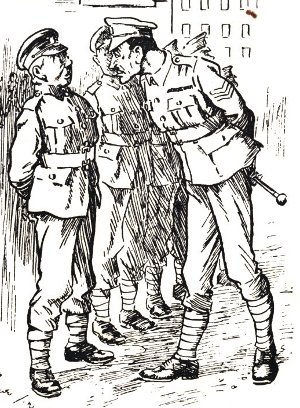


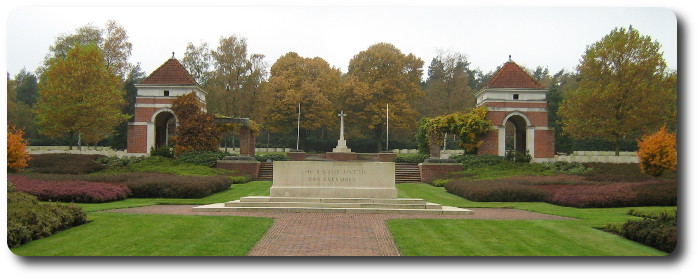
 The well-kept beauty of the Canadian military cemeteries in Northwest Europe is a tribute not only to the care and skill of the
The well-kept beauty of the Canadian military cemeteries in Northwest Europe is a tribute not only to the care and skill of the 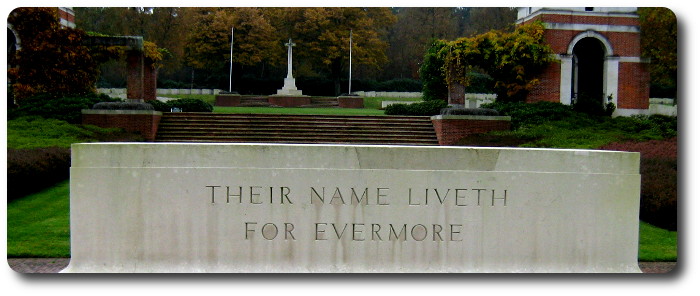





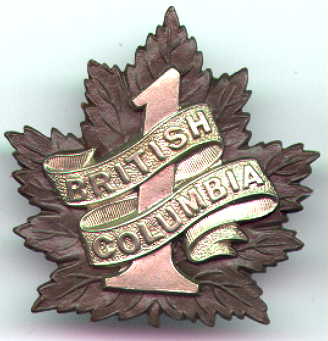 Early in 1915, near
Early in 1915, near 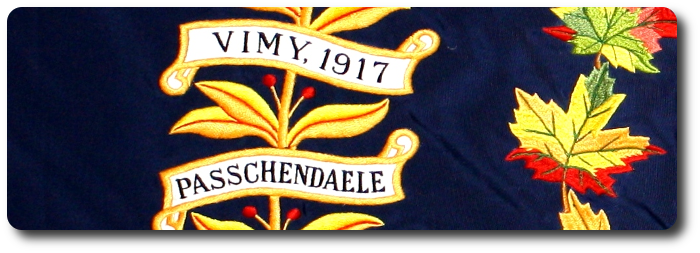

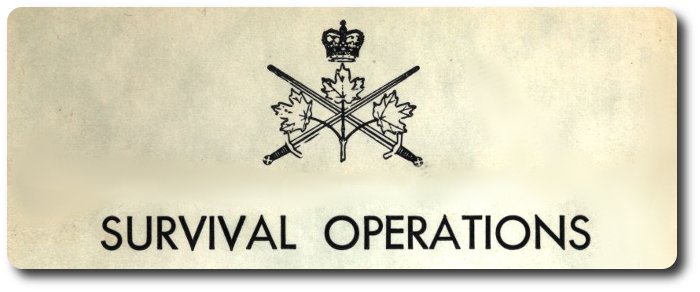
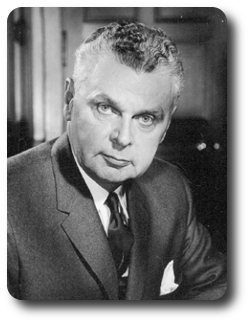 The militia's new role, as outlined by
The militia's new role, as outlined by 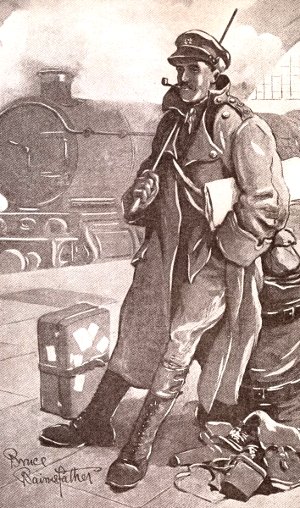 On December 27 [1918], just as the regiment was going forward into Germany, the Squadron Leader said to me, 'Your leave has just come through.'
On December 27 [1918], just as the regiment was going forward into Germany, the Squadron Leader said to me, 'Your leave has just come through.'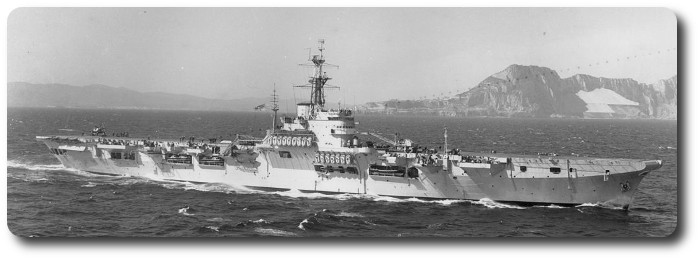
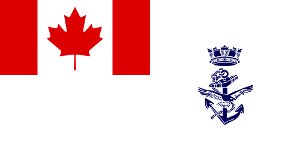

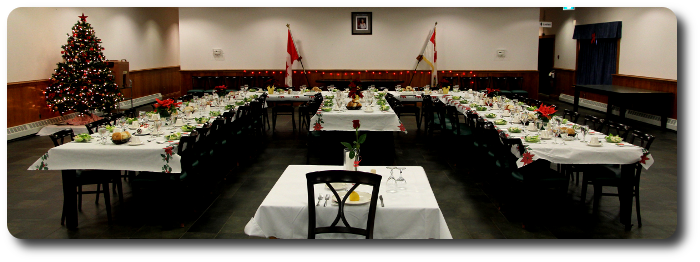
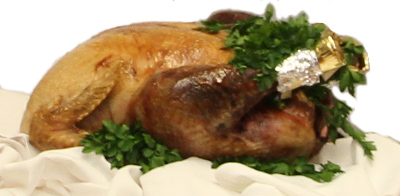
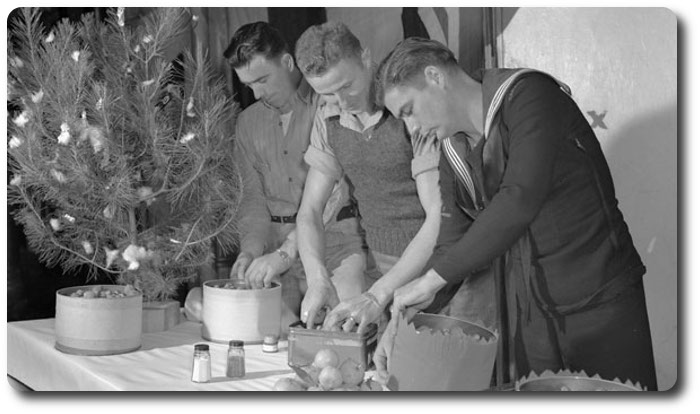
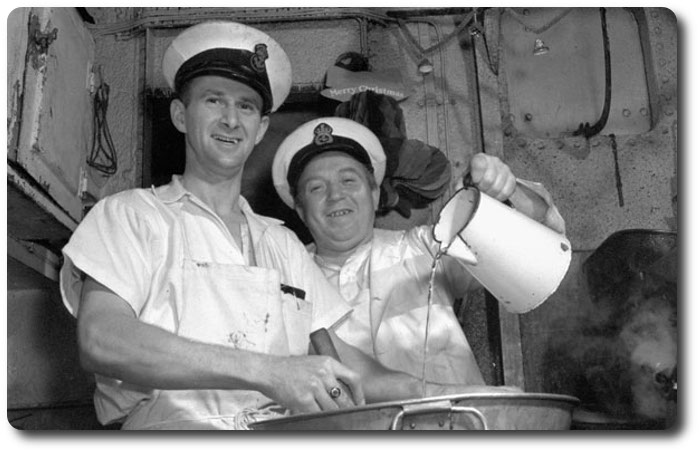
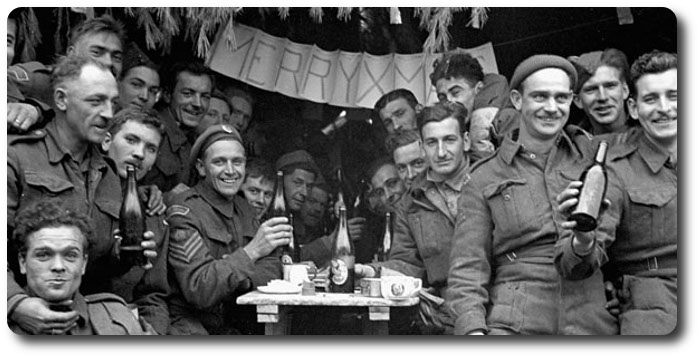
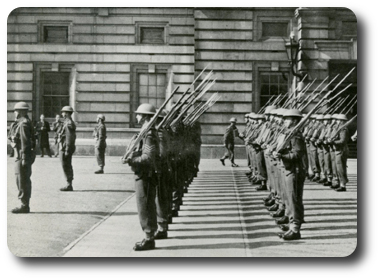
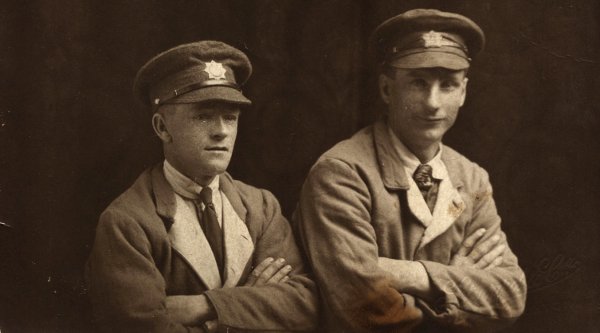
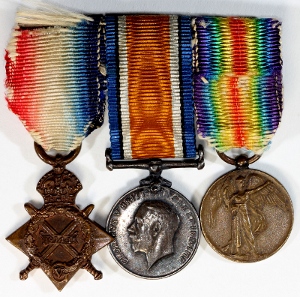 London, Oct. 21.—
London, Oct. 21.—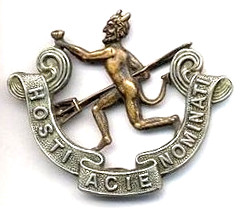 Called Black Devils
Called Black Devils